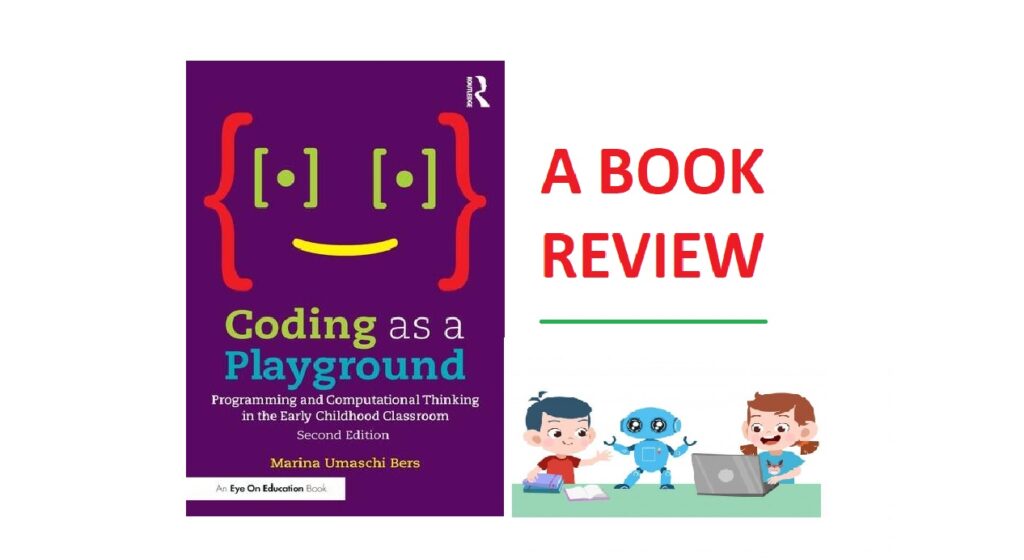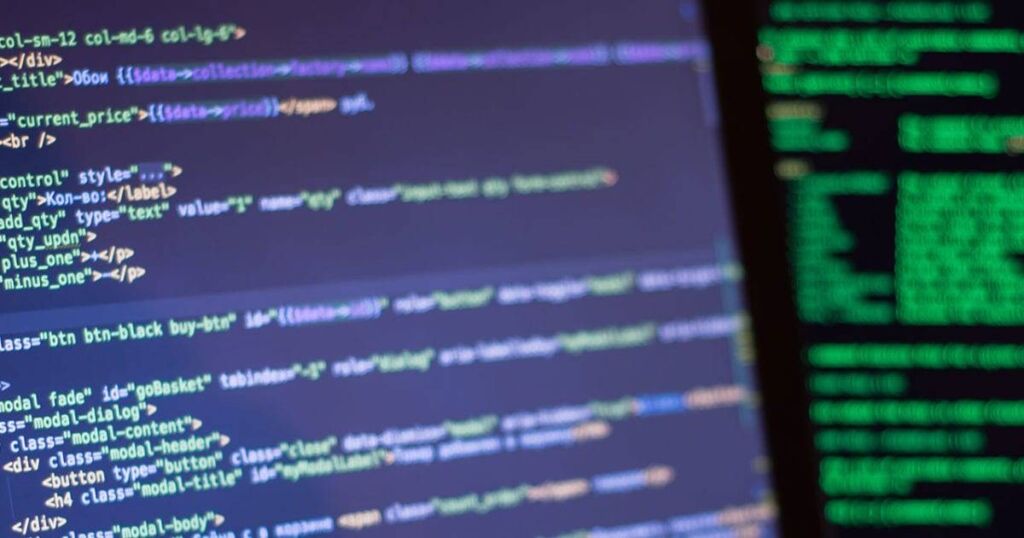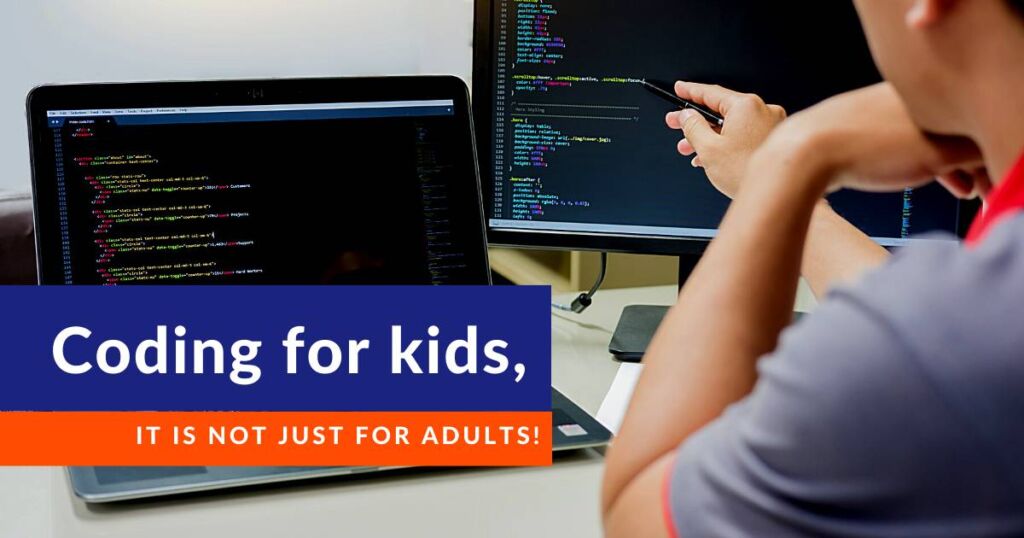Coding As A Playground is a book on how young children can build cognitive and social emotional skills by engaging in learning computer programming and computational thinking. The book is authored by Marina Umaschi Bers, Professor in the Eliot-Pearson Department of Child Study and Human Development and she co-developed the Scratch Jr. programming language in collaboration with the MIT Media Labs.
The book starts with an example of how a 5 year-old girl Liana started learning Scratch programming and benefited immensely on a wide range of other subjects in her developing years. Liana nurtured her creativity, problem-solving, and trial & error approach through multiple projects and animations created while learning programming. The book moves on to how children specifically benefit on developmental milestones and learning experiences that children can attain by learning programming.
Bers lays a lot of emphasis on how children by learning programming can become the producers of technology and not just become the consumers of technology, as children at quite a young age are already the target consumers of technology companies world-wide. Bers helps us to see our potential as educators, to support students to gain agency in their relationship with computers. The core value of the book is that programming has to be introduced quite early in primary education so that the children will fruitify the full benefits of it in secondary learning and beyond.
Bers takes a parallel comparison of coding with writing. Like, we teach writing to all kids without the expectation that all of them will become professional writers. It is the same way, we’ve to teach coding to all kids without the expectation that they’ll pursue computer-science as their careers. Bers brings in research all across the book with specific citations of how early interventions and early learning programs actually are more cheaper and effective in the long-run for kids and parents than programs introduced later in the learning stage.
My personal favorite section was how Bers describes the concepts of children playing around with the idea of ideation and how educators should hone the ability of children to ideate rapidly while programming and building games. Bers has authored other books too where she discusses the idea that learning coding also enables emotional expression and improvement in developmental play in children. Bers emphasizes that learning programming at a young age is less about the syntax and is more about the act of building things on their own and the agency of it.
It is a must-read for all educators and parents on why we shouldn’t ignore teaching programming for kids and especially for people who may have a twinge of doubt on what will be missed if programming is missed to be taught to children.
Hope this is useful, thank you.
You may like to read: Should kids learn programming if they don’t plan for careers in Tech?, Young Coders Program, and Roblox Coding for Kids.
————————————————
B. Priya, UnicMinds Teacher – Coding & Mathematics




